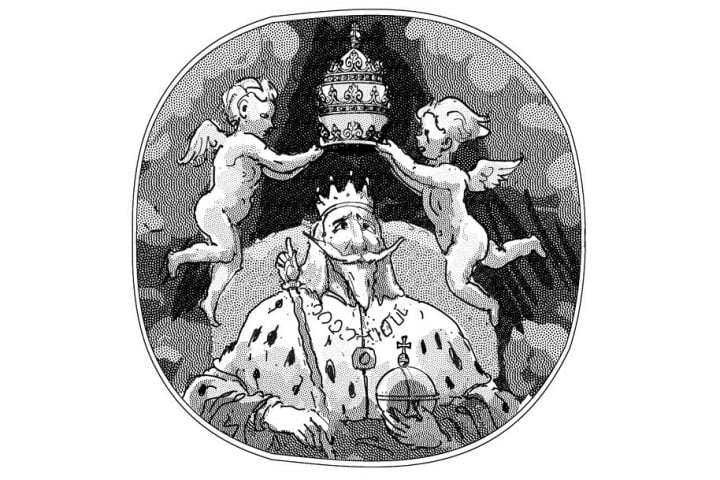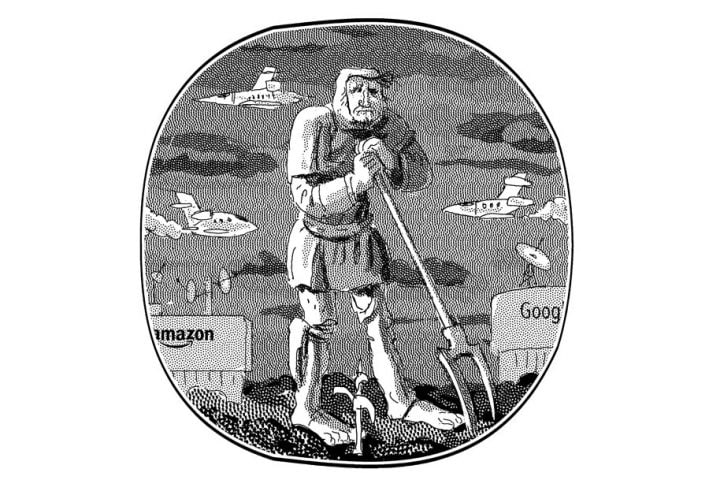Book Reviewed
Bureaucracy and technology, those great forces in contemporary life, too often seem to crowd out the actions of individuals. This is particularly true in war, the most complex form of human organizational behavior. In the academy, the “great captains” approach to military history remains profoundly unfashionable. Andrew Roberts is a distinguished military historian who is not afraid to be unfashionable. In this slim volume, originally a series of lectures delivered to the New-York Historical Society, Roberts offers thumbnail sketches of nine war leaders, from Napoleon to Margaret Thatcher. This is well-trod territory, and Roberts has traversed much of it himself in a number of weighty and well-received scholarly biographies, notably on Napoleon and Churchill, as well as volumes on the military history of the Napoleonic wars and World War II. But Roberts succeeds admirably in drawing sharp, concise portraits that highlight the essentials, while occasionally narrowing the focus to address in some detail what he regards as common misconceptions of the qualities or achievements of particular leaders.
Two points may be registered at the outset. First, although Roberts is a Brit of the old school, his is an international cast, and he makes very clear in the first chapter a perhaps surprising partiality for Napoleon. He is also effusive in his praise of American generals





